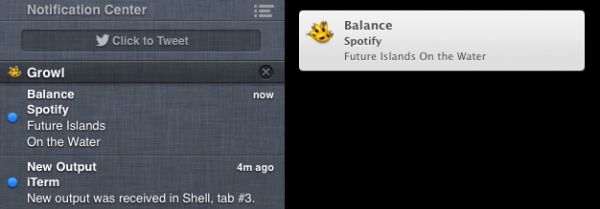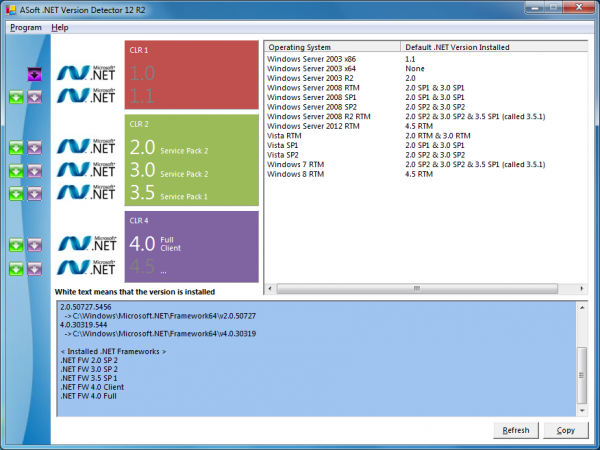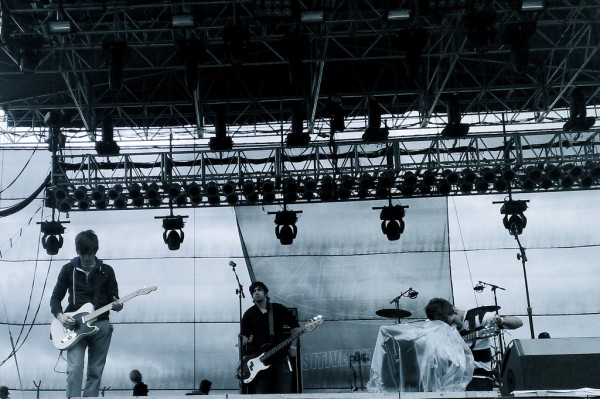
At 17, I hitchhiked with a friend from Maine to Boston, where was the regional Federal Communications Commission office. The agency heavily regulated radio, and I couldn't be a deejay without obtaining a Third Class license, which required a test and some math skills (yeah, just to spin vinyl). I flunked and thumbed rides a second time, passing the exam and getting a five-year license. My radio career started at college station WMEB.
Much has changed about music since the late 1970s, when punkers rebelled against their disco-loving Baby Boomer siblings. But surprisingly much is the same, too -- or so Nielsen's "Music 360" report reveals. Radio doesn't dominate music discovery like it once did (I partly blame canned broadcasts for taking the personality out of the airwaves), yet remains top source: 48 percent of people find out about new music from radio. Friend recommendations is distant second (10 percent) followed by YouTube (7 percent).
"While younger listeners opt for technologically advanced methods, traditional methods of discovery like radio and word-of-mouth continue to be strong drivers", David Bakula, Nielsen senior veep says. "With so many ways to purchase, consume and discover great new music, it’s no wonder that the consumer continues to access and enjoy music in greater numbers".
Radio's role as primary music source has changed for some music listeners. For example, 64 percent of teens listen to music on YouTube, followed by radio (56 percent) and iTunes (53 percent). CDs: 50 percent. iTunes as third isn't all that surprising. Apple unveiled the MP3 playing software in early 2001 and iTunes Music Store little more than two years later. Most teens grew up with iTunes, much like the previous generation did CDs and the one before vinyl.
But YouTube is still fairly new, comparatively. The service opened to the public in November 2005, but legal music services with reach, like VEVO, are fairly recent additions (late 2009). Confession: I listen to considerably more music on YouTube than radio, too. (But I discover more using Shazaam on my smartphone when shopping in stores or watching TV shows or movies.)
YouTube's music popularity says much about video's popularity among US Internet users. According to comScore, in June:
- 84.8 percent viewed at least one online video somewhere
- Google sites had 154.5 million unique video viewers
- Viewers spent an average 484.4 minutes watching videos on Google sites
- VEVO and Warner Music on YouTube had 71.2 million unique viewers, watching an average 73.6 minutes of videos
Google should really capitalize on YouTube's music popularity, even more than it does. The live events (Did you catch Lollapalooza?) are really good. Two days ago, Matthew Leske, Google's Hangouts on Air product manager, revealed the new Studio Mode, which allows stereo broadcasts. "Studio Mode optimizes your individual audio for music instead of conversation, and no else needs to change a thing", he explains.
Perhaps I'm too old school, but I'd like to see live veejay broadcasts from Google or YouTube partners like VEVO. There are music and artist channels that have some auto-programming but where's the personal touch? MTV launched with 5 veejays -- and, depending on gender preference, a generation of music consumers crooned for heartthrobs Mark Goodman and Martha Quinn. These days the network is more NMTV -- no music-video television.
Why shouldn't YouTube be a place for live music video broadcasts? Bring back the early MTV-days-like veejays, when there was much less overproduction and more feel of being in the studio, live, with them. Let people use social media to vote and share. Yes, some TV cable channels offer the latter. But social, music, video and the Internet better fit the YouTube generation.
Hey, I'm just saying.
Returning to Nielsen's survey, music is as mobile as ever, but changing:
Music player apps are most prevalent, followed by radio and music store apps.
- 54 percent have music player apps on their smartphones
- 47 percent have radio apps on their smartphones
- 26 percent have music store apps on their smartphones
Strangely, I rarely listen to music on my smartphone. As mentioned above, I frequently use it to discover new music.
And you? Where do you discover new music?
Photo Credit: Joe Wilcox


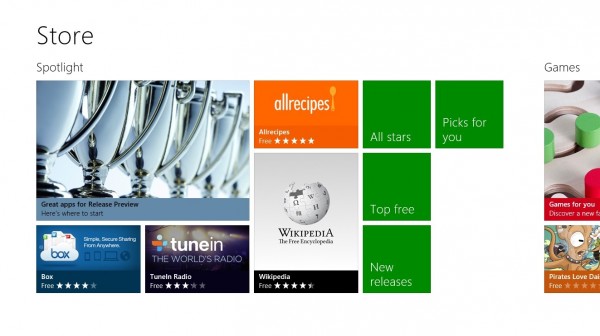
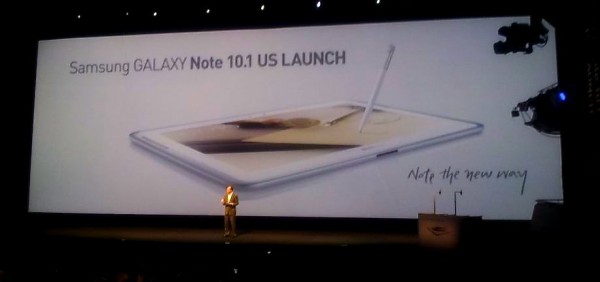
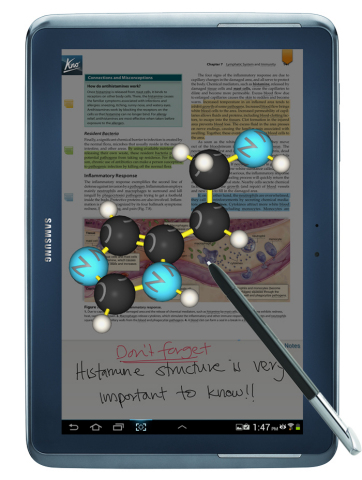
 [TK] The debate about the "lost decade" is a bit silly. Microsoft has made great improvements in the last 10 years. The enterprise market has grown very strongly, new markets like the Xbox conquered; new communication products like SharePoint are dominating…
[TK] The debate about the "lost decade" is a bit silly. Microsoft has made great improvements in the last 10 years. The enterprise market has grown very strongly, new markets like the Xbox conquered; new communication products like SharePoint are dominating… Chinese software developer EASEUS has updated its ToDo Backup software range to version 5. All versions, including
Chinese software developer EASEUS has updated its ToDo Backup software range to version 5. All versions, including  If you’d like to find out which programs load along with Windows on your PC then
If you’d like to find out which programs load along with Windows on your PC then 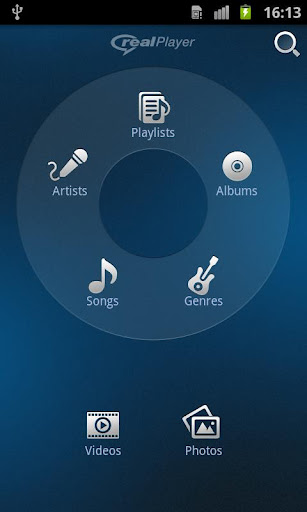 Remember RealPlayer? The media player that was once, quite some time ago, one of the go-to media players for online media disappeared into relative obscurity, shouldered out of the limelight by the likes of Silverlight and HTML5 video. For desktop platforms, RealPlayer has all but vanished, but it is trying to make headway into the mobile market.
Remember RealPlayer? The media player that was once, quite some time ago, one of the go-to media players for online media disappeared into relative obscurity, shouldered out of the limelight by the likes of Silverlight and HTML5 video. For desktop platforms, RealPlayer has all but vanished, but it is trying to make headway into the mobile market. 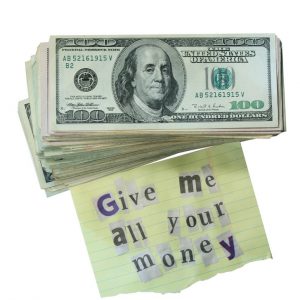
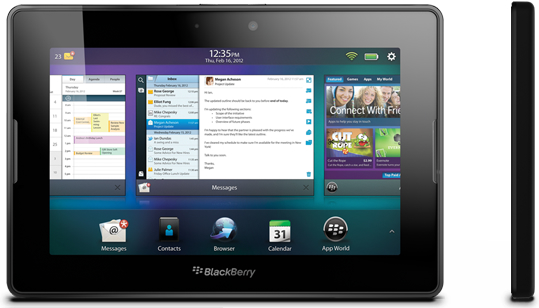
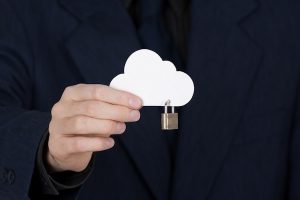 Cloud security has been a hot topic in the news
Cloud security has been a hot topic in the news 